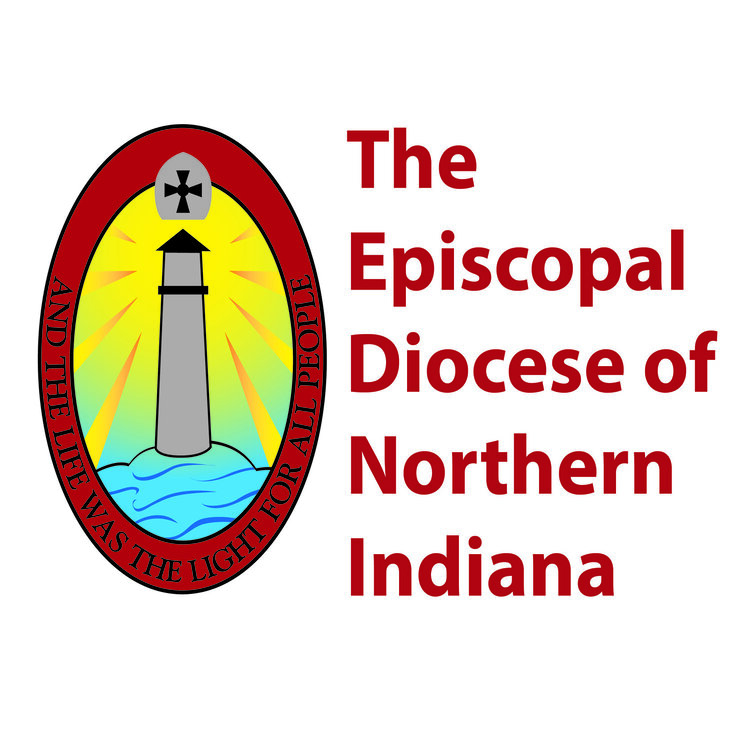Dear Parish Clergy, Parish Administrators, Senior Wardens, Parish Treasurers and Diocesan Staff,
I have been continually giving thanks to God for you, my kindred in Christ, during this time of crisis. Your willingness to adapt to new methods with grace and humor in a time of great anxiety has been inspiring, not only to me but to others all around you.
I’m writing to you today as, variously, your Diocesan Disaster Coordinator (DDC) and your NGO/Government Liaison, which I mention, not because I need more titles, but because you will need that information to apply for some of the programs I will mention below. On Friday afternoon, I attended a webinar hosted by Episcopal Relief and Development (ERD) about ways in which:
The Coronavirus Aid, Relief, and Economic Security (CARES) Act, which had not yet been signed as we were meeting, can provide your faith community, its employees and the people around you with financial assistance in response to this crisis, and
Your faith community can work with agencies like ERD, FEMA, and VOAD to assist your communities in what will not be hours but rather months of need.
Details on all of this will be unfolding over time, since much of the working out of these aid measures will be done locally. I’ll break down what I know now by the group being assisted.
Help for Members of your faith community, your neighbors and your friends
By now you will have heard about the payments authorized by the CARES Act that will be going out to all citizens making less that $75,000 individually. For many folks this will be automatic, based on either last year’s tax return or this year's (for those who have already managed to file). Others, such as those who do not make enough money to file taxes or who work on a more irregular basis, will have to fill out paperwork and may need your help doing so.
You may already be aware that qualifying faith communities (note that the bar is high for “qualifying” in this instance) may apply to waive two months of pension assessment payments to the Church Pension Group (CPG) for clergy employees only (Lay pensions are handled differently as a result are not eligible). We have just learned that all faith communities are eligible for a 90-day delay in payment of Property and Casualty Insurance through the Church Insurance Agency Corporation (CIAC) of CPG. For more information about CPG’s response, please visit the CPG website at https://www.cpg.org/redirects/health-alert/.
In addition to those payments, the CARES Act has extended both the time of unemployment insurance and the eligibility pool to include many people (such as those working part-time and those doing “gig” work) who do not usually qualify for unemployment benefits. Please direct folks to Career One Stop (https://www.careeronestop.org ) for employment and unemployment resources.
Getting families connected to the Supplemental Nutrition Program (SNAP) and D-SNAP (available after a disaster) run by the US Dept. of Agriculture (USDA https://www.fns.usda.gov/disaster/pandemic/covid-19) is a great way to support those experiencing food insecurity.
Finally, the Department of Labor offers Dislocated Worker Grants (https://www.dol.gov/agencies/eta/dislocated-workers) which can be used by states and other eligible applicants to employ furloughed workers who do humanitarian work during disasters.
Help for your Faith Community
Another feature of the CARES Act is its qualification of churches among the small businesses (those having < 500 employees) eligible for various forms of Small Business Assocition (SBA) assistance —https://www.sba.gov/page/coronavirus-covid-19-small-business-guidance-loan-resources. That assistance includes Economic Injury Disaster Loans (EIDL) which can help you continue to make payroll while contributions are artificially low. Some of those loans can be forgiven if you manage to keep your employees on payroll for the duration of the crisis. If you do have to let employees go during this crisis (which we pray you do not have to do), you can get a credit on the quarterly payroll taxes you have already paid for them.
The Federal Emergency Management Agency (FEMA) provides Public Assistance Funding https://www.fema.gov/public-assistance-local-state-tribal-and-non-profit) under Category B Emergency Protective measures which allow non-profit organizations (including churches) to work with government to perform a task, i.e. feeding emergency responders. This cannot be something that a church does on its own, but in coordination with local government officials.
The CARES Act also includes two incentives to increased charitable giving at this time. First, it creates a new above-the-line deduction (universal or non-itemized deduction that applies to all taxpayers) for total charitable contributions of up to $300. Second, it increases the limit on individual taxpayers' deductions for cash contributions to public charities from 60% of the individual's Adjusted Gross Income (AGI) to 100% of the individual's AGI.
Help Your Faith Community can offer your local community
FEMA assigns Voluntary Agency Liaisons (VALs) to each region to help communities navigate the complicated systems related to disaster response and recovery. We are conveniently listed as part of Region 5 (https://www.fema.gov/region-v-il-in-mi-mn-oh-wi#), which covers nearly the same territory as Province 5 of the Episcopal Church (+ Minnesota but -Missouri).
Voluntary Organizations Active in Disaster (VOAD—https://www.nvoad.org/) is a great resource for learning more about organizations that are working in your area to respond.
Again, in some instances your faith community will be asked to work through your Diocesan Disaster Coordinator (DDC) as you connect with your state or local emergency management systems. That, again, is me, so please keep me up to date on what you have in mind so that I can direct you to available resources.
May God continue to bless you with strength, courage and creativity in response to this crisis.
In Christ,
Terri


